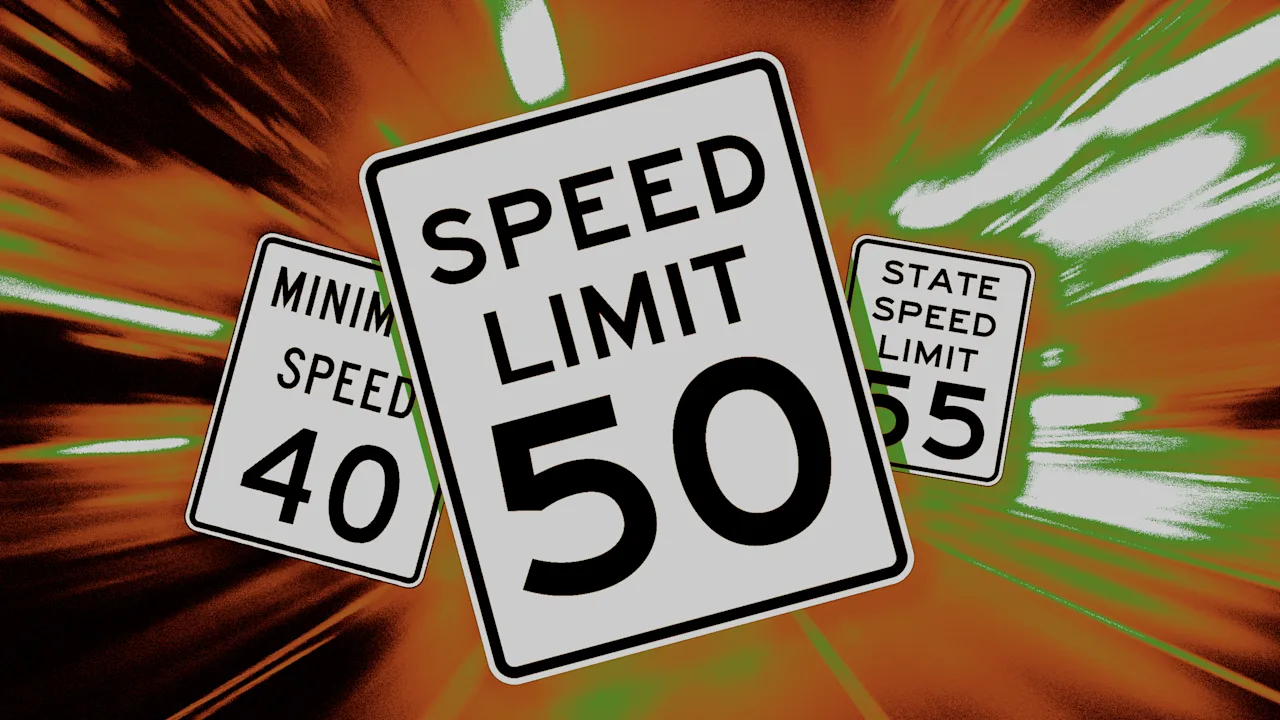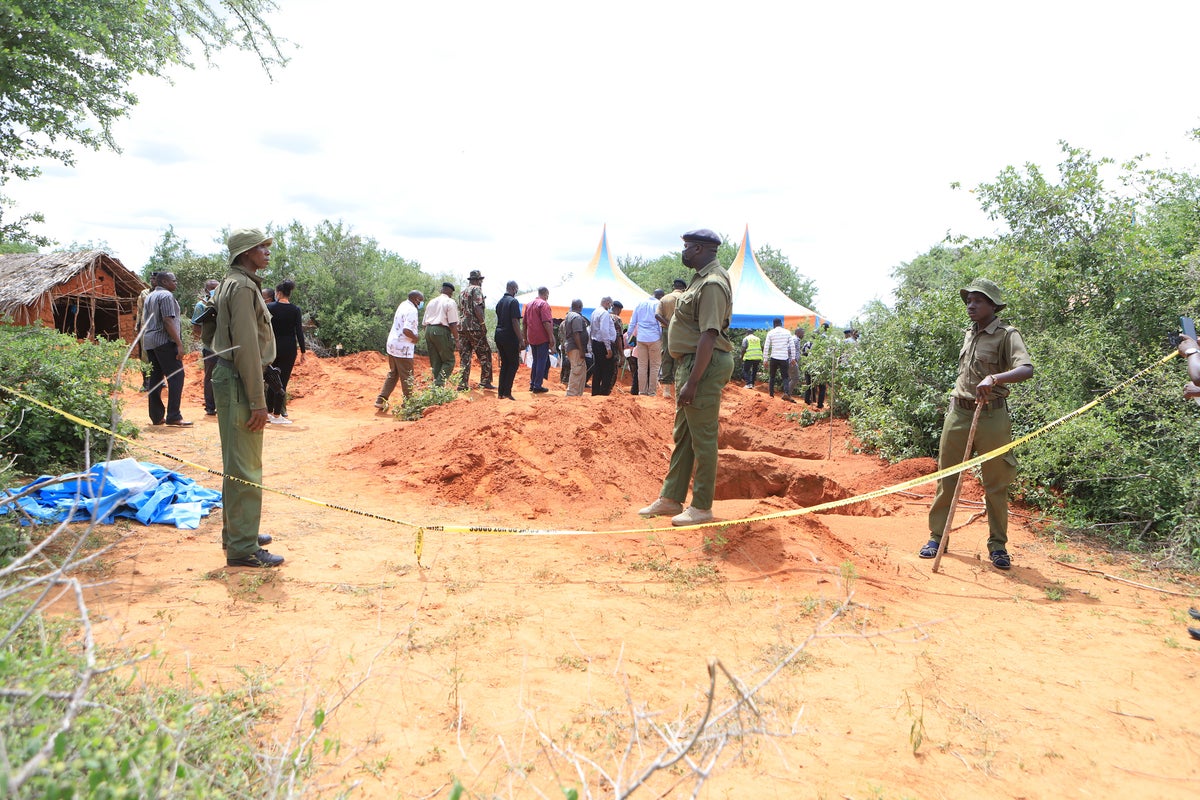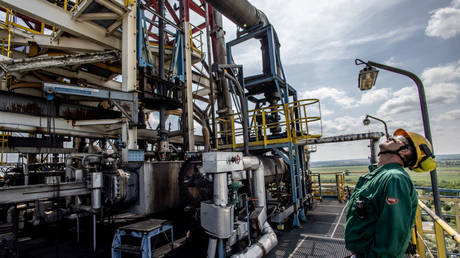This new technology could help reduce speeding-related deaths

Imagine climbing a five-story ladder, putting you 54 feet off the ground. How careful would you be at the tippy top? How aware of your hands and feet and surroundings would you be? If you fell off at that height, you’d hit the ground at 40 MPH. Now think about how many times you’ve driven 40 MPH in a residential or commercial district. People who are walking across the street and get hit at 40 MPH are almost guaranteed to die, but hit at 20 MPH, they’re almost guaranteed to survive.
We’re super careful on normal household ladders that only put us five or six feet off the ground, let alone the 54-foot ladder (i.e. the 40 MPH ladder). But driving 40 MPH on a city street? Meh, no big deal.
Last month, the Virginia Department of Motor Vehicles installed a bright yellow, giant ladder in front of Richmond’s minor league baseball stadium. They used visual markers that equated 10, 20, 30, and 40 MPH with corresponding fall heights, making the physics of speed brutally tangible.
Think about that the next time you’re driving along a street that has sidewalks and crosswalks. People who tell cops and reporters “the pedestrian came out of nowhere” are people who were driving too fast. Speed is deadly, but nobody seems to be slowing down.
Speed kills
Every day in America, more than a hundred people are killed in traffic crashes. Thousands more suffer life-changing injuries. Every day, for decades. Speed is a fundamental factor in those brutal crashes. We all know fast driving is the norm, so let it sink in that the vast majority of traffic fatalities and severe injuries are preventable.
In a radical departure from traditional punishments, Virginia judges can now mandate speed-limiting devices on the cars of habitual speeders as early as July 2026. These units, known as Intelligent Speed Assistance (ISA), physically prevent a vehicle from exceeding posted speed limits by using GPS or sign recognition to control acceleration.
In Washington State, a horrifying crash killed a mother and three children when someone barreled down the street at 112 MPH. That tragedy led to ISA legislation called the BEAM Act, named after the first initials of the four victims.
Judges can offer ISA as an alternative to suspending a license, delivering a tangible, always-on safety measure rather than relying on human choice alone. This type of consequence for dangerous, antisocial behavior isn’t new. For decades, vehicle-mounted breathalyzers have been installed to prevent intoxicated offenders from starting their cars. Some include cameras, GPS, Wi-Fi reporting, and driver-recognition tech, offering real-time logs of attempts and noncompliance.
An attack on freedom
According to Centers for Disease Control reports, breathalyzers slash repeat drunk-driving incidents by roughly 70%. Mothers Against Drunk Driving credits these devices with stopping millions of drunk-driving attempts. Dealing with drunk drivers is hardly controversial, but capping speed is seen in America as a direct attack on freedom. Still, we’ve reached a point where grieving family members have become effective safety advocates, helping their elected officials realize that tens of thousands of traffic fatalities and life-altering injuries could be prevented.
New York lawmakers are proposing provisions forcing repeat traffic offenders to install ISA systems that cap speed to just 5 MPH over the limit. The New York City Department of Transportation tested ISA on 500 fleet vehicles, and recorded an 82% reduction in speeding on high-speed roads and a 64% overall drop. That’s reason to celebrate, because it’s a reminder that fleet managers can opt-in to these safety features without waiting for a court-mandated, behavioral-override technology.
Just as seatbelts and airbags have become nonnegotiable safety layers, ISA—and eventually impairment-aware ISA—could become layers of a systems approach to safety.
What's Your Reaction?
 Like
0
Like
0
 Dislike
0
Dislike
0
 Love
0
Love
0
 Funny
0
Funny
0
 Angry
0
Angry
0
 Sad
0
Sad
0
 Wow
0
Wow
0






























































































